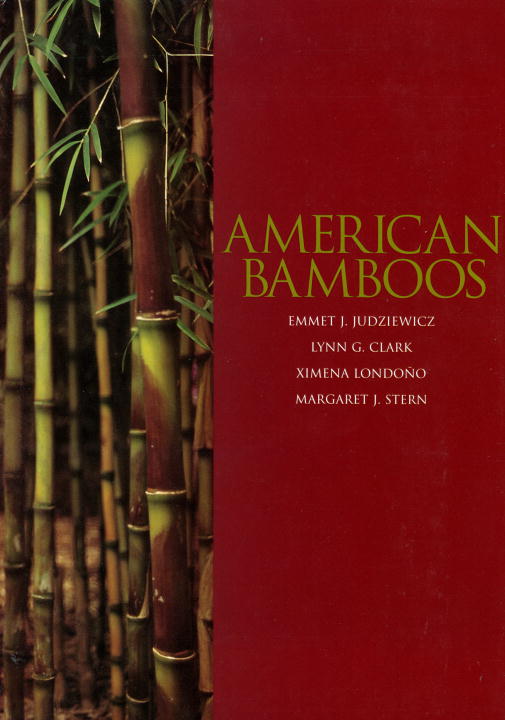Drawing on two decades of fieldwork in the United States and fifteen Latin American countries, the authors bring together current knowledge of the structure, ecology, human uses, conservation value, evolution and diversity of the forty-one genera of American woody and herbaceous bamboos. They also discuss three genera of basal grasses that resemble bamboos. They describe the importance of bamboos to South American landscapes and cultures, explaining how jungles of Guadua and thickets of Chusquea host communities of small animals and how human societies use bamboo for housing, furniture, basketry, food, soil conservation and musical instruments. Exploring the possibilities of cultivated bamboo, the authors also note its value in some regions as a timber resource.
Generously illustrated with colour photographs and detailed line drawings, the book provides genus-by-genus descriptions of bamboos, as well as habitat data, range maps, lists of recognized species and complete references. It also includes the most recent molecular and systematic evidence for bamboo evolution and phylogeny. The first ever to focus on the bamboos of the Americas, this volume is an essential resource for botanists, taxonomists, horticulturists and gardeners.


